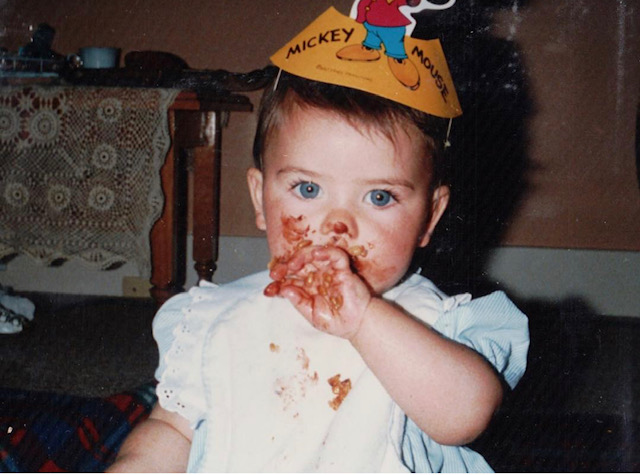Iso-Issues: “I can’t stop eating”

The number one thing I hear at the moment is, “Why can’t I stop eating”, unfortunately, isolation has given a lot of people a new favourite past time and that is thinking about food ALL. THE. TIME. (I have also been a victim to this).
There is no right or wrong answer to why we want to eat more, why we feel the urge to bake banana bread or why we feel like doing more Tik Tok videos and that’s because what is currently happening around the world is unheard of.
In the world of nutrition and psychology there is something we call “emotional eating” and this is what a lot of us are currently experiencing. Most people associate this with us females when we go through a breakup or that time we are moody once a month and want to eat everything in sight, but it goes a lot deeper than that.
Emotional eating is when your body isn’t truly hungry but instead craving comfort to a response of feelings such as stress, loneliness or anxiety. As humans we have conditioned ourselves to know food will bring us a feeling of calm and comfort as we link certain foods to childhood.
Most humans like routine and daily structure like going to work, school, gym or dropping the kids off to after school activities, instead we are now surrounded by our fridge.
Isolation means our environment has changed and we aren’t use to it, the temptation of food is everywhere and there are less opportunities to keep busy or distract us.
On the other hand, some people are now using this extra time to do more exercise, different forms of training than what we normally do, going for more walks with the dog, bike rides with the kids and so on. This means our TDEE is up. TDEE stands for total daily energy expenditure, which includes our Basal metabolic rate (BMR), non-exercise activity thermogenesis (NEAT), Thermic effect of food (TEF) and exercise activity thermogenesis (EAT). More walking, bike riding and training means our NEAT and EAT has now increased meaning we are burning more calories. If you are trying to stick to your normal eating plan before you started the extra training you are now in a bigger calorie deficit and maybe too big to maintain for a longer period of time.
Another reason to why you might be wanting to eat more is interruption to your sleep routine. This can be a lack of sleep from stress, overthinking, anxiety or staying up later and getting up later in the day, all of this affects our hormones that control hunger, cravings and levels of fullness. Studies have shown sleep timing, duration and quality will reduce our leptin levels and elevate ghrelin levels resulting in increased appetite.
Before giving you any tips or tricks that might help please remember to be kind to yourself. This is a time of uncertainty and something no one has experienced before; I don’t have all the right answers for you I just hope you have a better understanding of why you might want to eat more and that you’re not alone.
Tips to help with the cravings
- Build foods with more protein and fibre
- Eat meals with different textures (add more crunch to a meal)
- Create a routine scheduling time for your meals
- For snacks eat them from a plate or bowl not a packet. Eating from a packet removes the visual of how much you are actually eating
- Don’t restrict foods. As soon as you tell yourself you can’t eat something the cravings start. Instead, calculate it into your daily calories and make it fit into your goals
– Donna, Bodhi and Co
